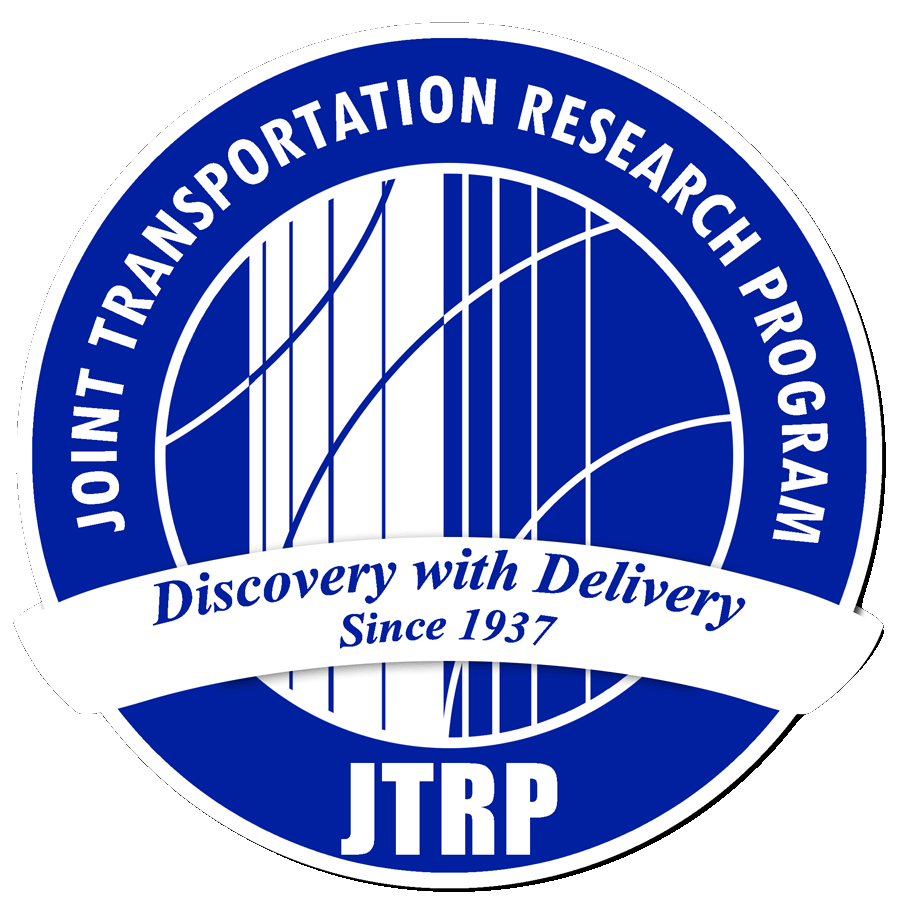Abstract
Hilly terrain poses challenges to truck platoons using fixed set speed cruise control. Driving the front truck efficiently on hilly terrain improves both trucks fuel economies and improves gap maintenance between the trucks. An experimentally-validated simulation model was used to show fuel savings for the platoon of 12.3% when the front truck uses long horizon predictive cruise control (LH-PCC), 8.7% when the front truck uses flexible set speed cruise control, and only 1.2% when the front truck uses fixed set speed cruise control. Purdue, Peloton, and Cummins have jointly configured two Peterbilt 579 trucks for relevant combinations of: (1) coordinated shifting, (2) constant or variable platoon gap controls, (3) flexible or constant speed setpoint cruise control of the front trucks, and (4) long-horizon predictive cruise control (LHPCC) of the front truck. Confirmation of this functionality during platooning was demonstrated at the Continental Test track in Uvalde, Texas. In Indiana, on-road experiments were limited to single truck operation with long-horizon predictive cruise control, flexible set speed cruise control, and constant setpoint cruise control. Data from all of the above was used to improve the fidelity of simulations used to arrive at the fuel savings and gap control findings for hilly terrain per what is summarized in the findings section. Additionally, in early summer 2020, Purdue submitted to, and received approval from, INDOT for a safe truck platoon testing protocol (located in this report’s appendix), which could not be implemented in Indiana before the end of the project because of COVID-19. Presentations of the subject matter at COMVEC, MAASTO, Purdue Road School, and the Work Truck Show are listed in the appendix.
Keywords
class 8 trucking, fuel efficiency, highway transportation, freight transportation, safety improvement systems, truck platooning, safety, efficiency
Report Number
FHWA/IN/JTRP-2021/12
SPR Number
4315
Sponsoring Organization
Indiana Department of Transportation
Performing Organization
Joint Transportation Research Program
Publisher Place
West Lafayette, IN
Date of Version
2021
DOI
10.5703/1288284317314
Recommended Citation
Shaver, G., & Droege, M. (2021). Develop and deploy a safe truck platoon testing protocol for the Purdue ARPA-E project in Indiana (Joint Transportation Research Program Publication No. FHWA/IN/JTRP-2021/12). West Lafayette, IN: Purdue University. https://doi.org/10.5703/1288284317314


